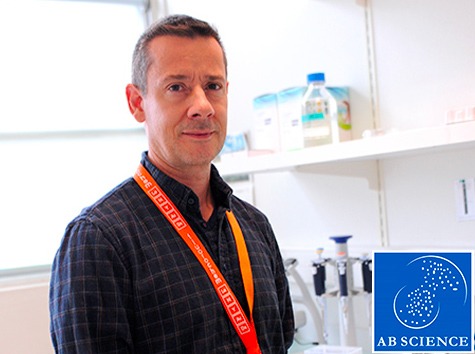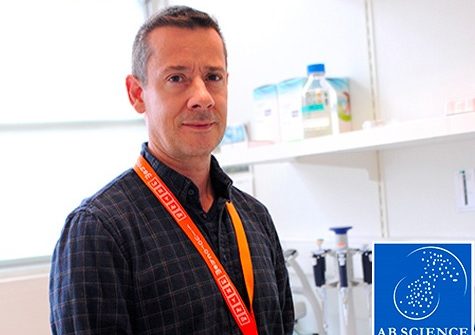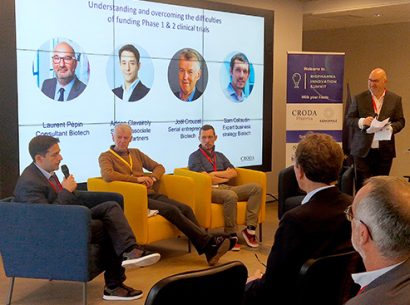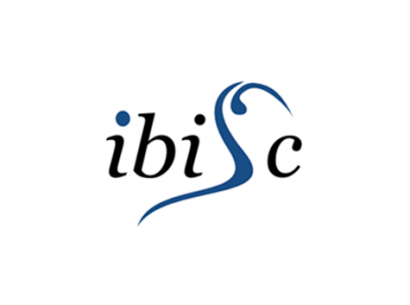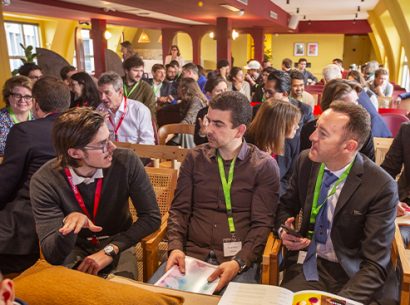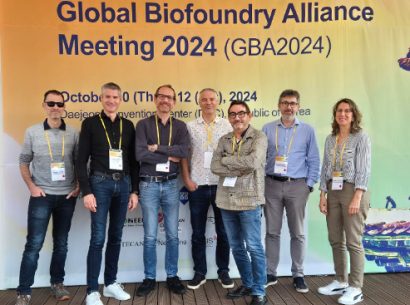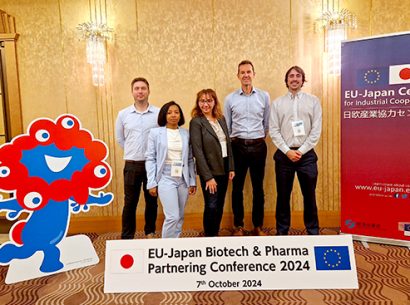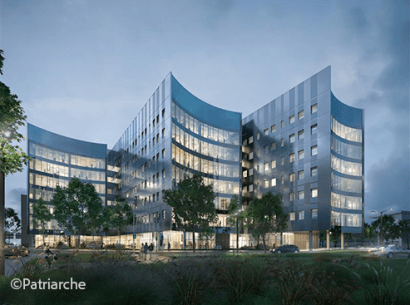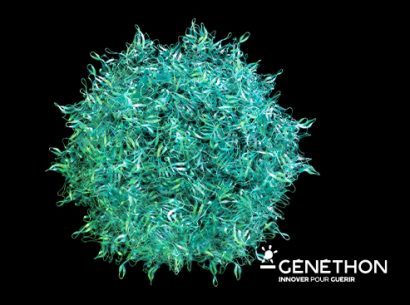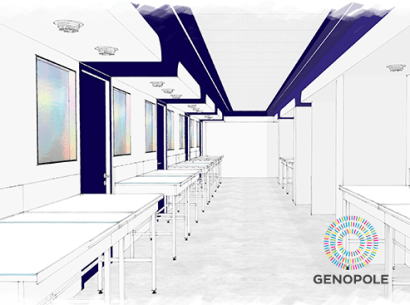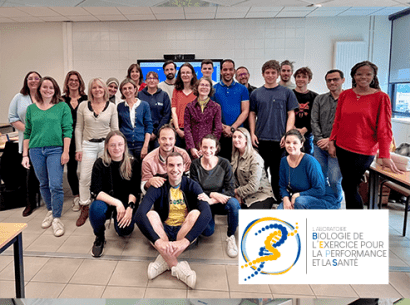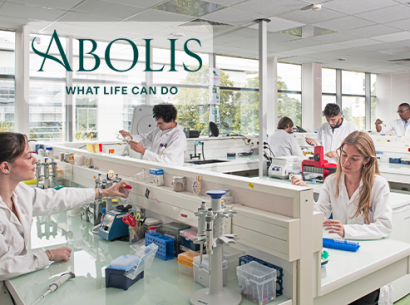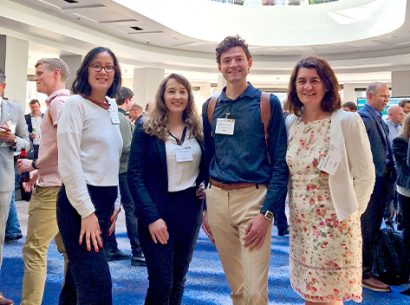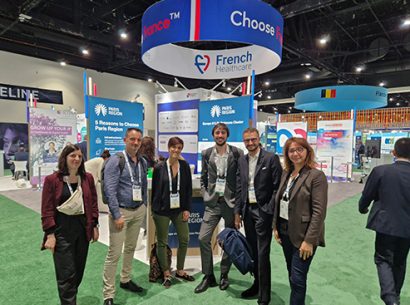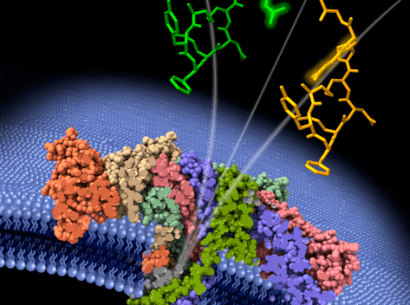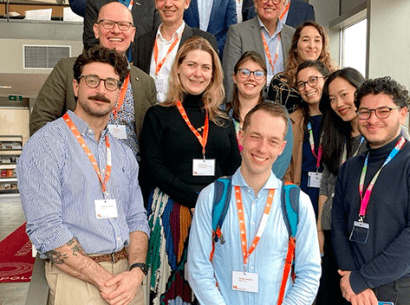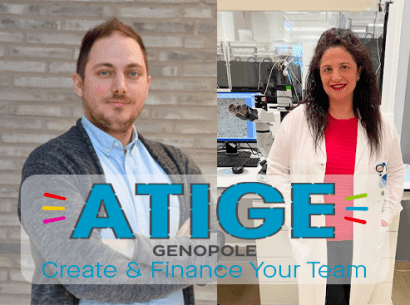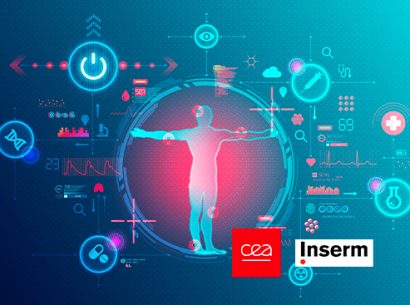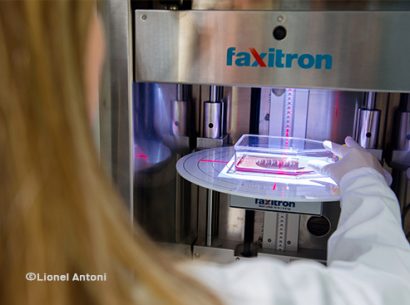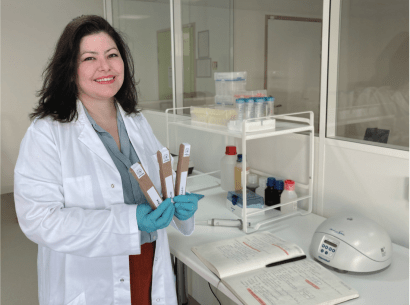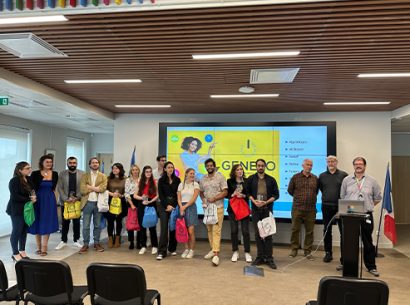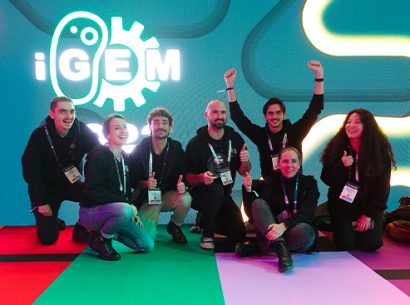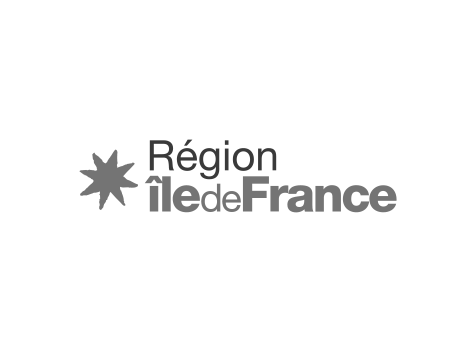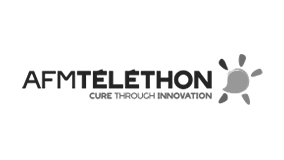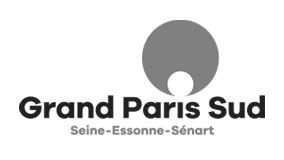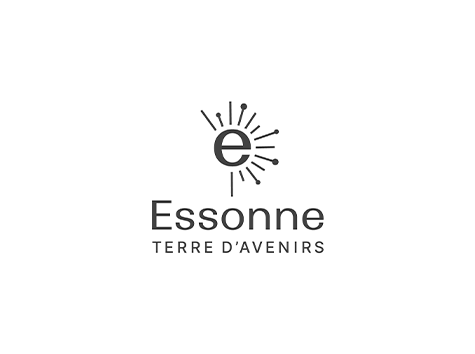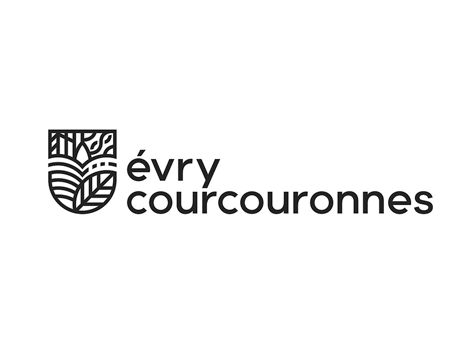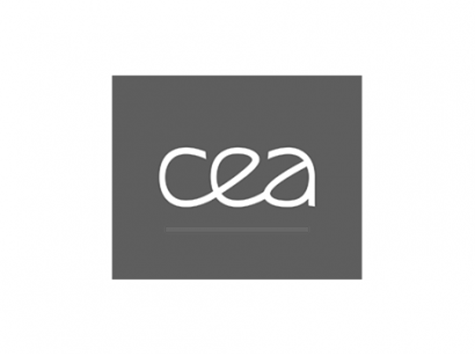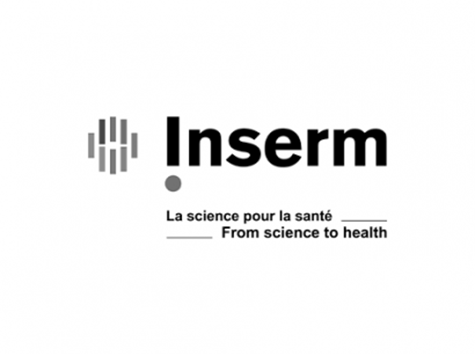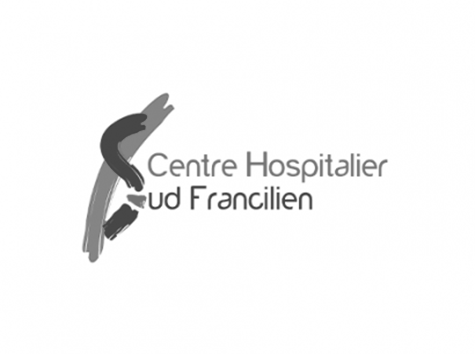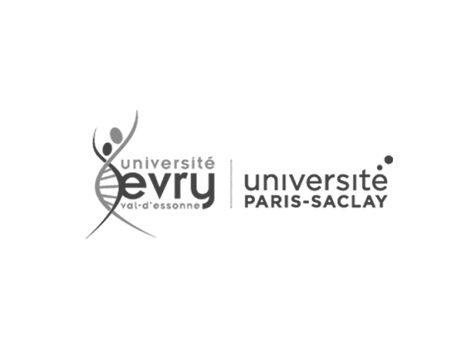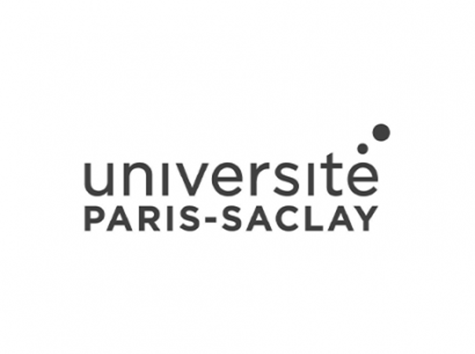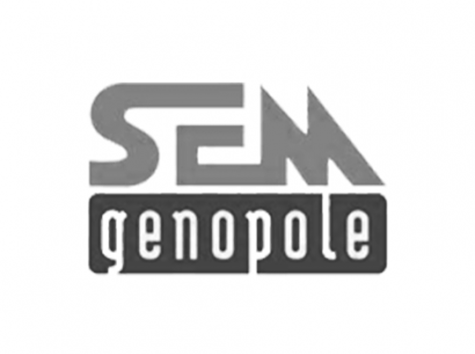AB Science saw the day in 2001 and now employs more than 100 people at its headquarters in Paris and its R&D sites in Évry-Courcouronnes (Genopole), Magny-les-Hameaux, Marseille and Lyon. The company was publicly listed on Euronext in 2010 (€586 M).
The French biotech is headed by Alain Moussy and its scientific committee presided by French Academy of Sciences Member Olivier Hermine. Since this summer, the company has been announcing a series of positive results concerning the efficacy of its product, masitinib, in such pathologies as multiple sclerosis, severe asthma resistant to oral steroids, COVID-19 and amyotrophic lateral sclerosis. More announcements are to come, notably in the setting of Alzheimer’s disease.
Interview with Laurent Gros
Laurent Gros heads AB Science’s drug discovery program at Genopole. We spoke with him about the highly advanced clinical development of masitinib.
You’ve recently announced extremely promising results for the treatment of the two progressive forms of multiple sclerosis…
Laurent Gros: « No other therapeutic product anywhere in the world has ever provided such results in the two progressive forms of multiple sclerosis (MS). Current treatments concern only 50% of patients, those who have relapsing forms of the disease (see inset below) that respond to modulation of the adaptive immune system. Masitinib, a tyrosine kinase inhibitor currently in phase III trials, is aimed at disease forms that respond to modulation of the innate immune system. In our trial involving 656 patients, we have clinically demonstrated that targeting the innate immune system is effective for slowing progressive forms of MS. Our results were announced a few days ago at the joint ACTRIMS-ECTRIMS meeting. »
Does that mean that we can hope to see a cure for these forms of MS thanks to masitinib?
Laurent Gros: « Thinking that orally-administered masitinib will cure this serious and complex disease is illusory, but already, if it can slow its progression, the benefit for patients will be enormous. They would benefit from a vastly improved quality of life with less relapses, slowed decline and delayed—even possibly no need for—recourse to a wheelchair. Also, our results show that masitinib is not immunosuppressive and that it causes few adverse effects. It may thus be used as a long-term treatment, an important aspect for patients. We will launch a confirmatory phase III study in 2021. Once patients are recruited, at least three years of clinical study will be necessary. ».
Recent results have indicated an antiviral activity of masitinib against SARS-CoV-2. Could you tell us more about that?
Laurent Gros: « With the urgency of the COVID-19 pandemic, current treatment research strategies are largely based on the repurposing of existing therapeutics. Researchers from the University of Chicago recently screened 1900 known molecules. Masitinib was shown to be the best inhibitor of SARS-CoV-2’s principal protease, which is necessary for its replication (article: Drug repurposing screen identifies masitinib as a 3CLpro inhibitor that blocks replication of SARS-CoV-2 in vitro). Those results were obtained through in vitro modeling and thus in vivo proof of concept will be the next step. The American researchers contacted us to optimize their protocol. We’ve laid the foundation for a potential partnership concerning an antiviral indication for masitinib against COVID-19. The American team is targeting patients in early disease whereas we are in a phase II clinical trial exploring the anti-inflammatory action of masitinib in cases of severe disease caused by a potentially fatal overreaction of the immune system.».
What other paths are being explored?
Laurent Gros: « The research done in American universities also suggest that masitinib is active against other coronaviruses and picornaviruses, which opens a large vista of potential antiviral applications. At an international conference held in early September, we also presented promising results from a phase III trial performed in hundreds of patients with severe asthma. We are furthermore in a phase III trial in Alzheimer’s disease, where mast cell-mediated inflammation appears to play an important role. The objective of that trial is to confirm phase II results suggesting that masitinib’s action on that component has a positive effect on disease course. ».
What is your business model?
Laurent Gros: «Our objective is to pursue our research independently. We keep all rights, which lets us maintain our flexibility, reactivity and creativity. Growth is good, but it needs to occur in a reasonable way.».

